How to cope with a loss of a child
No matter how deep your grief and pain, no matter how alone you feel, you are not alone. You are not to blame for the loss of your child.
The emotions experienced after the loss of a child can range from shock, to anger, to depression and back again. You may feel like you will never be whole again.
Many parents grieving the loss of a child have trouble sleeping. if that’s the case, ask a family doctor for a mild sedative. It’s very important to be rested as best as you can.
Grieving mothers and fathers may express their grief differently. A grieving mother may want to talk it out, while a grieving father may Suffer in silence. This may cause Both parents to feel like they cannot Relate to each other.
Grieving fathers may seek diversions - extra work or a new project - to cope with the loss of their child, hoping these diversions help them to stop thinking about their grief.
They may have a hard time asking for help. It may be especially difficult if one parent works at home, surrounded by the the reminders of their child.
In the first weeks after a child has died, the day of the week and hour of their death will be the most difficult time. After a while, it may be the day of the month the child died. After a while, it will stretch out to other anniversary dates, like the child’s birthday and holidays. What’s important is to focus upon what you need to happen during those days - if you need to get away from it all, do that.
If you want to celebrate with family do that. But make sure you do what is most important to you during those hard days.
Name your baby - if you’ve experienced a stillbirth or a early gestation loss and haven’t named your child, yet ,do so. This will help to give your baby an identity, and it will be comforting to you when friends and family call your baby by name. Collect some mementos of your child - you may feel too grief stricken to think about keeping Your child’s things, but it is very important. Later you will realise how meaningful these hats, pictures, or stuffed animals can be
You’ll probably be asked about a post mortem. A post mortem may provide some answers as to why your child died and help provide some closure. It is something depending on the circumstances you can elect to do or not do .Invite friends and family to your childs funeral. While many people may not have met your child.
Having your loved ones with you can be very comforting. This is a chance for public recognition of you baby, A celebration of life. Asking a family member or close friend to take pictures for you is advisable as the funeral will be a blur. Get into your grief, not out of it, many people want to rush around, Keep busy, work harder, to have another child - all to escape the grief. It doesn’t work that way.
Your baby will live on forever in your heart and not acknowledging your Loss may hinder the grieving process.
Take good care of yourself - grieving And loss depresses the mind and Body. You may not want to eat, Brush your teeth, take a shower, But you need to. Sometimes, the Smallest step can make you feel very accomplished.
Write it down in a private journal. The act of putting words together In sentences can make all the Difference in the world.
Get help - talk to family and Friends, and don’t be afraid to Seek professional help from a Bereavement counsellor. There are Many support groups available for Grieving parents.
While you want to believe that you will recover quickly and entirely from the death of your child, that’s rarely the case. The journey through grief takes time and much work. The days will become less painful, but there is no single date that passes that will make you feel instantly healed. The Pain, and the memory of your child, will be with you forever.
